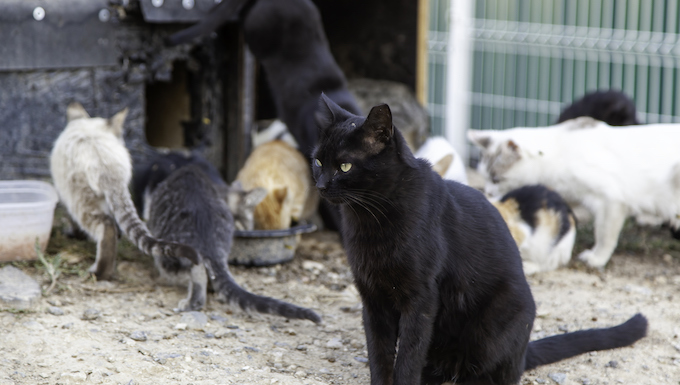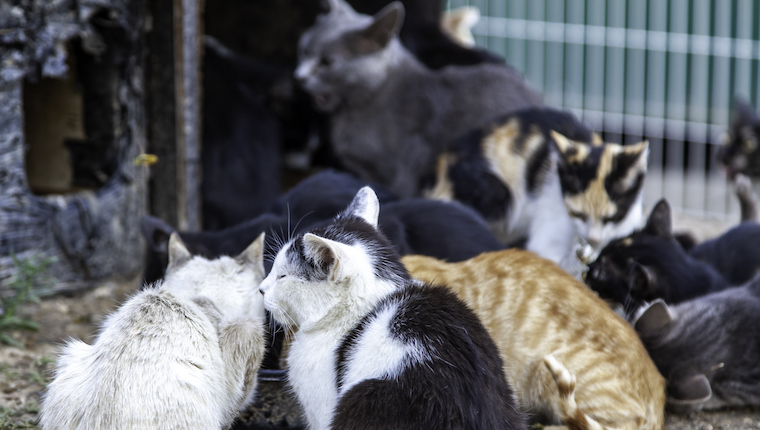
It’s not too uncommon to find a stray cat or two out wandering the streets. While unfortunate, it’s a part of life many of us are accustomed to. However, a large feral cat colony can often go unseen; they may be behind our workplaces or in…


It’s not too uncommon to find a stray cat or two out wandering the streets. While unfortunate, it’s a part of life many of us are accustomed to. However, a large feral cat colony can often go unseen; they may be behind our workplaces or in…








